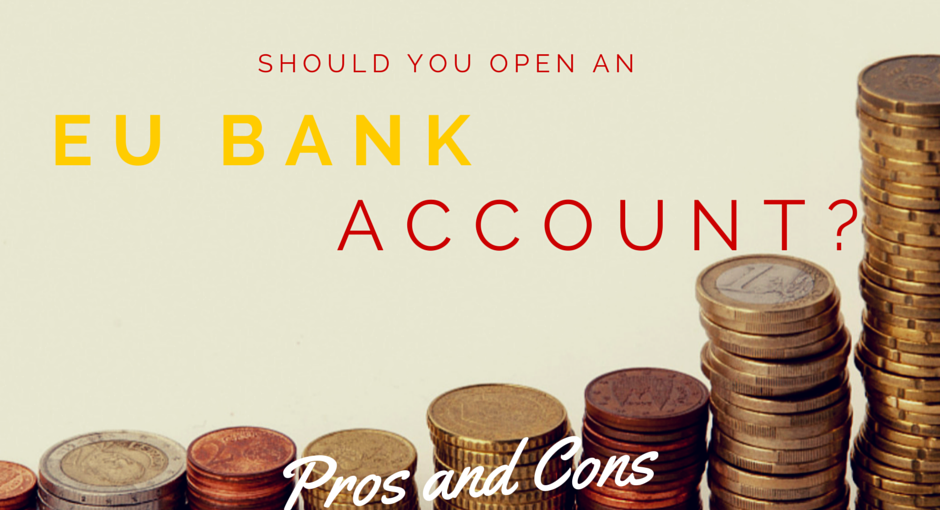The Pros and Cons of a Bank Account in Europe for Indie Authors

Carolin Veiland, Rogue Translations
Translator Carolin Veiland (Rogue Books) shares her thoughts on international money transfers – a topic you won’t get around if you work together with a translator in another country, especially if you pay your translator royalties (more on that in a later post). And those international wire transfers come with ridiculously high fees. So what are your options?
The three ways to avoid international transaction fees:
EITHER Use an online EU bank account and route through PayPal (www.paypal.com). Both accounts would be free of monthly fees, but you’d have to enact that step in between and the transactions take time.
OR Find a bank whose services include free cash withdrawals from ATMs in other countries, like Deutsche Bank. However, I think the only banks which offer that kind of service require you to open an account where you have to pay a monthly fee.
(https://www.deutsche-bank.de/pfb/content/privatkunden/lp-international.html)
WHAT WORKS TOO would be getting a credit card for your EU bank account, which you can use internationally again.
|
PRO (EU bank account) |
CONTRA (EU bank account) |
| 1) Feel Safe: Any income you make with your books could be wired directly to you in full, and your translator could send you an invoice due with her royalties and any possible other fees. | 1) Account Management Charge: Depending on which option you choose above, you might have to pay a monthly fee to maintain your account. |
| 2) No expensive fees for international transactions: They are awfully pricey, and if you only have a non-EU account, your translator can’t avoid them, but you can if you chose to set up an EU account (explanation above). | |
| 3) EU is EU: The account is not restricted to use in Germany, but you can (maybe later) use it for working with other translators i.e. in Italy, France, or Spain. |
And one more important thing: What about TAXES:
Any questions?


